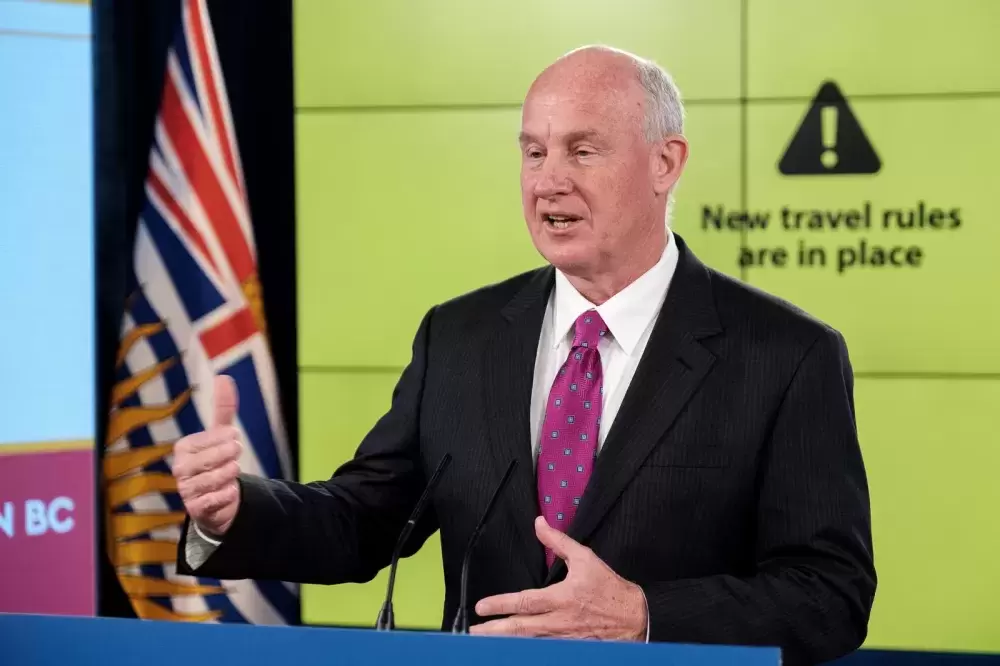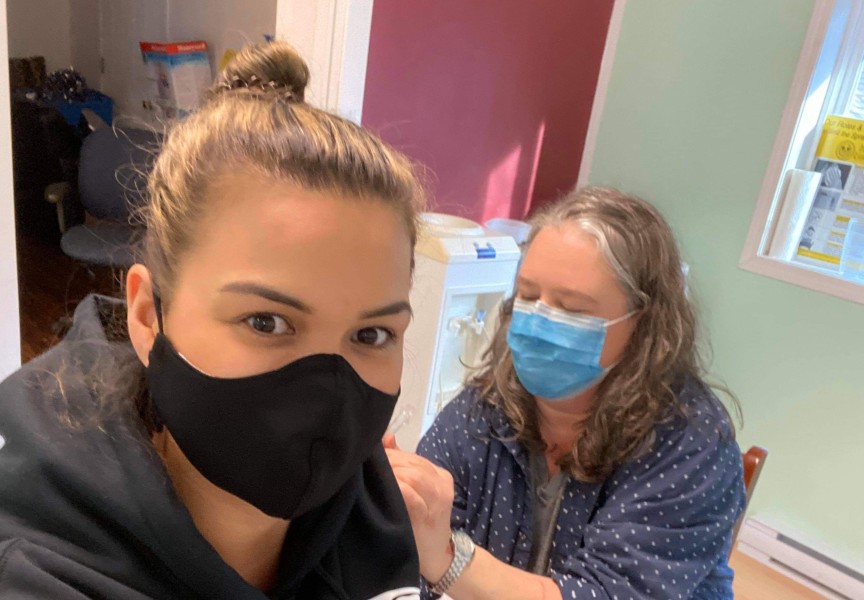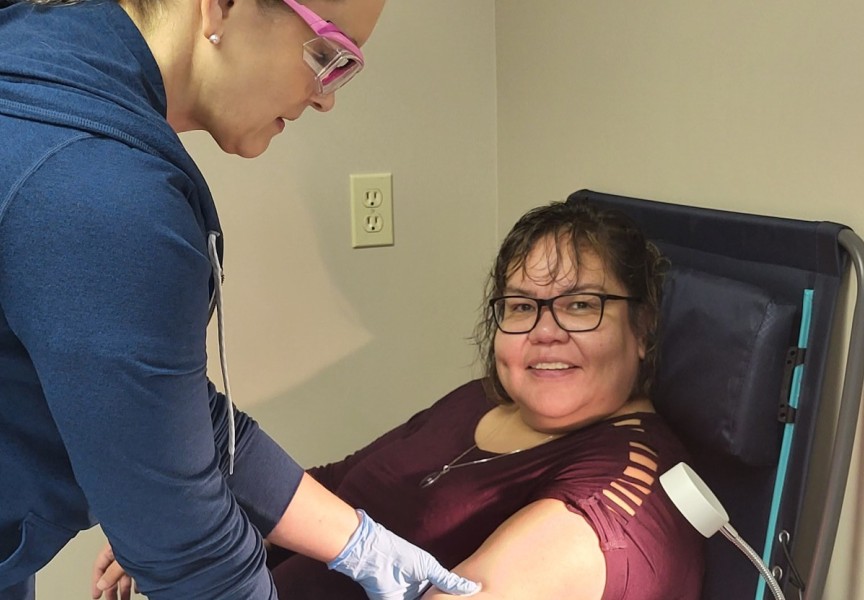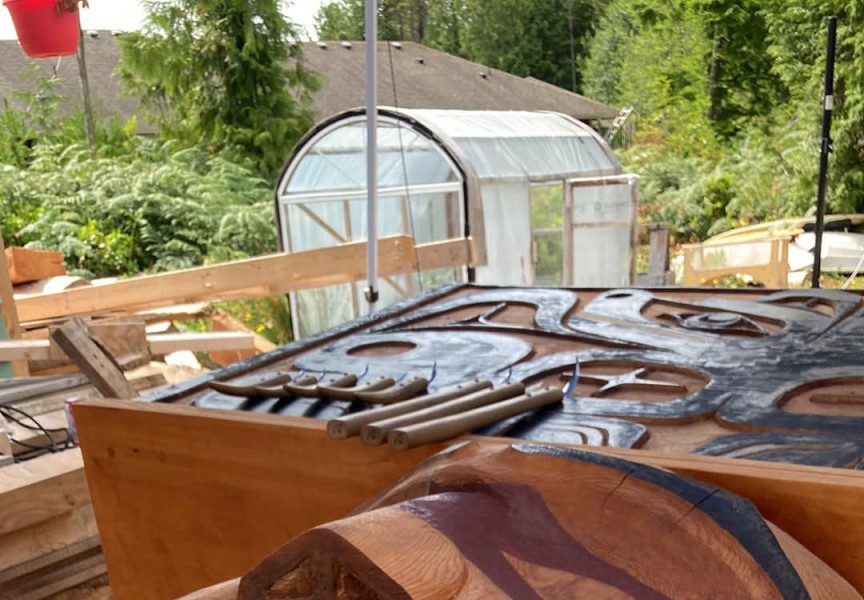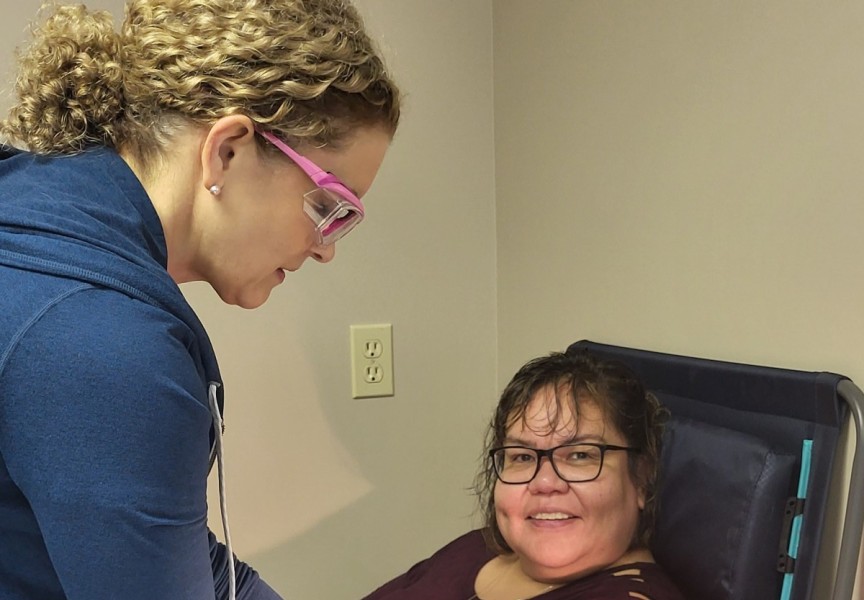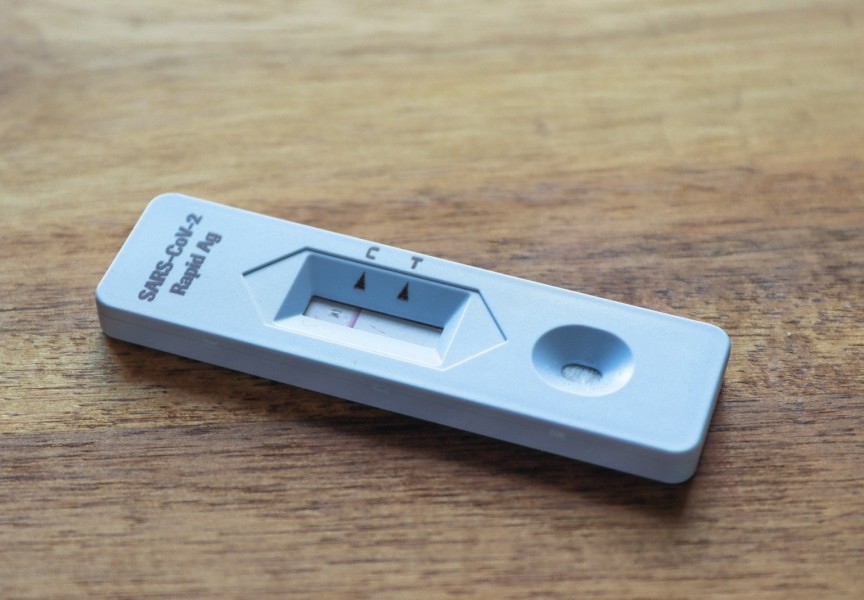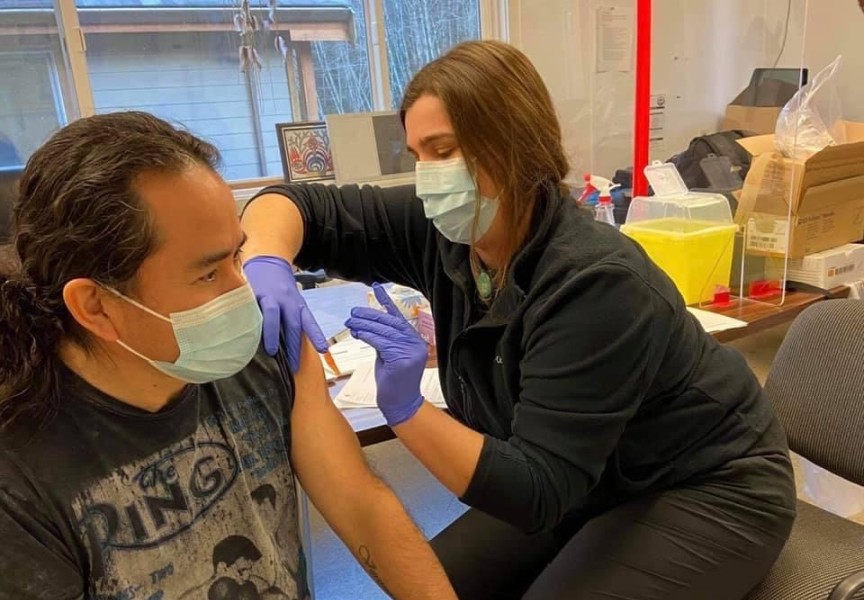Police will not be stopping people on Vancouver Island’s roadways, according to an update on new travel restrictions delivered today by B.C. Solicitor General Mike Farnworth.
Farnworth’s message came one week into a legal order he gave under the province’s Emergency Program Act, prohibiting non-essential travel between three regions in B.C. to slow the spread of COVID-19 Those regions are Vancouver Island, the Lower Mainland and Fraser Valley as well as B.C.’s Interior and north.
The solicitor general clarified that RCMP will be enforcing the order on highways that join these three regions, but road stops will not be in place within the areas to prohibit non-essential travel.
“You will not see road checks in downtown Vancouver or along Boundary Road,” said Farnworth during his April 30 press conference. “If police have reasonable grounds to believe you are about to leave your regional zone or are already travelling outside of your health authority for non-essential purposes, they can direct you to stay within your region, or to leave the authority at that time.”
Not complying with this direction can bring fines of up to $575. Exceptions for travel between regions include visiting someone in long-term care, going home, going to training or classes at a post-secondary institution, commercial transport, a funeral or seeing one’s child.
The initial April 21 announcement of the travel ban brought widespread confusion on how police can enforce the new rules, as well as concern over the expansion of RCMP powers.
Both sides of the issue promptly responded, including Brian Sauvé, president of the National Police Federation.
“We understand the province’s need to keep communities safe in this ongoing and protracted pandemic,” he said in a statement. “But, as we said earlier this week, many of our members are opposed to this proposal as it puts them at risk of public backlash, legal ambiguity, and risk of exposure and possible infection due to the continuing slow immunization roll-out for police in the province.”
A letter was issued by 11 organizations, including the B.C. Assembly of First Nations, the First Nations Summit and the B.C. First Nations Justice Council, raising the issue of some groups being unfairly targeted.
“We are deeply concerned about the overbroad and unconstitutional expansion of police powers that will disproportionally impact Black, Indigenous and racialized communities,” reads the letter. “The lack of information and details about the order has raised many alarm bells, especially in the middle of a global and local reckoning about systemic racism in policing and policing powers.”
“This is not about targeting people,” said Farnworth on April 30. “Police will not have the ability to randomly stop people. Unless there is an offense, information is not being gathered and collected.”
He stated that RCMP will only be able to require a driver’s licence and any other documentation showing a person’s address.
“Documentation regarding travel will not be required, as passengers in the vehicle are also not required to provide this information,” added Farnworth.
Nor can people expect RCMP road stops near ferry terminals.
“Ferries have been dealing with things, they have been asking, ‘Is this essential travel?’ When people book they check a box that is essential travel,” said the solicitor general. “The police - whether it’s RCMP on the island, for example, of in Delta or Vancouver, their local detachments - those police will attend as required. That’s what’s been taking place and it’s been working quite well so far.”
The risk of Indigenous people being unfairly targeted during police questioning remains, said Mariah Charleson, vice-president of the Nuu-chah-nulth Tribal Council.
“We know Indigenous people are disproportionally negatively impacted by RCMP, so of course it is still a concern,” she said, pointing to travel enforcement in Atlantic Canada as a less threatening means of controlling the spread of COVID-19. “Nobody at those checkpoints has guns and badges, and yet they’ve been very successful.”
Since December Nuu-chah-nulth nations have been advocating for a Vancouver Island bubble, requiring a 14-day quarantine for those who come from elsewhere. But the province has not been receptive, said Charleson.
“We’ve seen it successful with the Atlantic bubble on the east side of Canada, and we’ve seen it also on Haida Gwaii,” she said. “We continue our advocacy and B.C. hasn’t consulted us throughout the process one bit.”
She also noted the effectiveness of First Nation’s managing their own check points throughout the pandemic.
“They’ve been successful in stopping non-essential travel, and the people who have been front lines in doing that aren’t armed police officers,” said Charleson. “We’ve seen our own First Nations, and other wonderful examples since the very beginning of the pandemic, enact their own checkpoints.”
On the weekend after Farnworth’s order came into effect ferry travel to Vancouver Island dropped 25 per cent for vehicles and 32 per cent for foot passengers. But unnecessary trips to the island continue, said Charleson.
“Our people continue to see non-essential travel in our territory and it is alarming as all of these people bring a trail of risk along with them.”
The Emergency Program Act order remain in effect until May 25.

